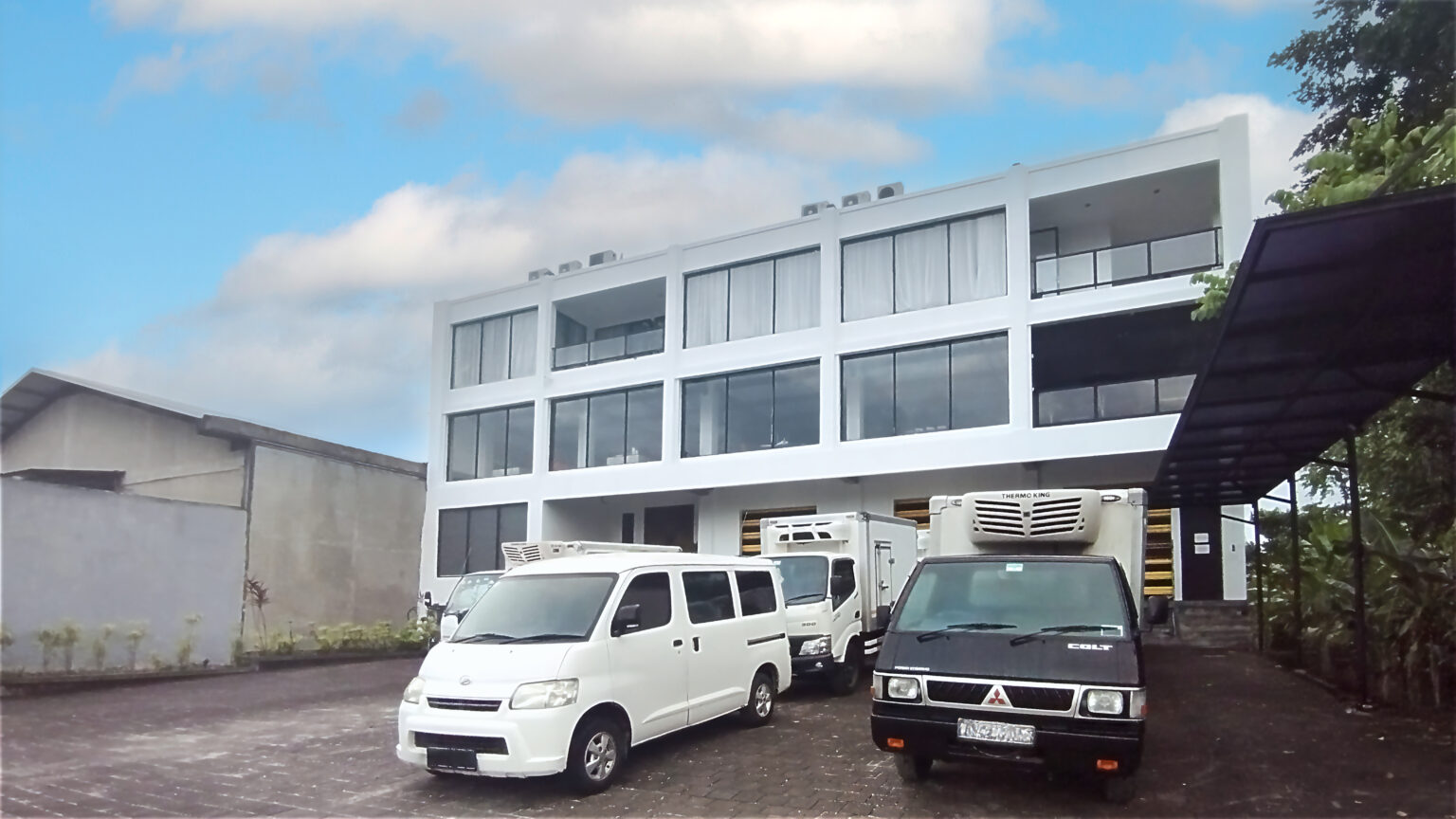The F&B distribution industry in Bali operates within unique regulatory and specific legal frameworks that combine local rules, Indonesian government regulations, and traditional Bali customs. Fundamental knowledge of these regulations becomes essential for organizations that intend to succeed in this market. Understanding these five key regulations is crucial for businesses, especially the head principal of brands that aim to thrive in this competitive landscape.
“Understanding these five key regulations is crucial for businesses, especially the head principal of brands that aim to thrive in this competitive landscape.”
1. Health and Safety Regulations
When we discuss the fundamental topics, we will focus on two key issues:
Food Safety Standards.
- Regulatory Bodies. Subsidiary regulatory agencies like the Indonesian Food and Drug Authority (BPOM) enforce essential health guidelines for food products in the market. The distribution system requires distributors to obtain their products from verified suppliers whose items meet safety requirements. Making sure perishable items maintain their safety requires correct management proper storing and safe moving through distribution channels.
Hygiene Regulations.
- Local Health Codes: Do you know that Bali has strict hygiene regulations for food handling and storage that distributors must adhere to?
2. Environmental Regulations
The recent environmental regulations have had a massive impact, particularly with the ongoing issue of global warming. The collaboration between local governments and foreign entities has identified two key concerns:
Sustainability Initiatives.
- Single-Use Plastic Ban. Bali has a ban on single-use plastics which affects packaging choices for F&B distributors. Impact on packaging: distributors are required to adopt eco-friendly packaging solutions, even plastic has a low cost to produce, since the ban started the operational cost has increased but also provides opportunities for businesses that specialize in sustainable products.
- Waste Management Policies. The local regulations mandate proper waste segregation and disposal practices. Thus, the distributors must develop waste management strategies that adopt current policies. The risks are: potentially increasing logistical complexity and costs.
3. Import Regulations
Tariffs and Import Duties.
- The Indonesian government imposes levies on imported food items through import restrictions, which has a significant impact on wholesalers looking to deal with products under foreign brands. High import duty policies have two effects on the market: they make products less available and provide domestic companies the opportunity to fill gaps in the market.
Documentation Requirements
• Customs Procedures. Distributors must navigate complex customs procedures to import goods legally.
• Impact on Supply Chain Efficiency. Delays in customs clearance can disrupt supply chains, necessitating robust logistics planning and relationships with customs brokers.
4. Licensing and Permits Business Licensing
- Licensing and Permits Business Licensing All F&B distributors need to secure Local Business Permits known as SIUP for lawful operation in Bali. New business entry into the market faces delays due to the licensing process which requires regulations compliance compliance.
Distribution Licenses.
- Specific Permits for Distribution: Certain products may require additional permits for distribution (e.g., alcoholic beverages). Impact on Product Offerings: Distributors must ensure they have the correct licenses to avoid legal complications that could hinder their operations.
And the last one: is the cultural considerations. Cultural Sensitivity Regulations The Balinese culture directs its focus toward both environmental sustainability and the welfare of the community. The local values of distributors need to match their marketing strategies by supporting products from local origins and community development activities. Religious considerations The majority Hindu population in Bali produces religious food practices such as vegetarianism that shape product demand patterns during ceremonies. The selection of product lines by distributors should occur with knowledge of cultural factors to guarantee product relevance and acceptance
Key Takeaways
The F&B distribution operations in Bali are heavily influenced by local regulations because these rules determine business operations and dictate product availability and market participation. The F&B distribution sector demands businesses to monitor regulatory changes as they adapt their approaches to comply with new requirements yet seize developing market possibilities. F&B distributors who grasp regulatory regulations will better handle marketplace challenges and obtain stronger market positions in Bali’s active market.






1 Comment
good